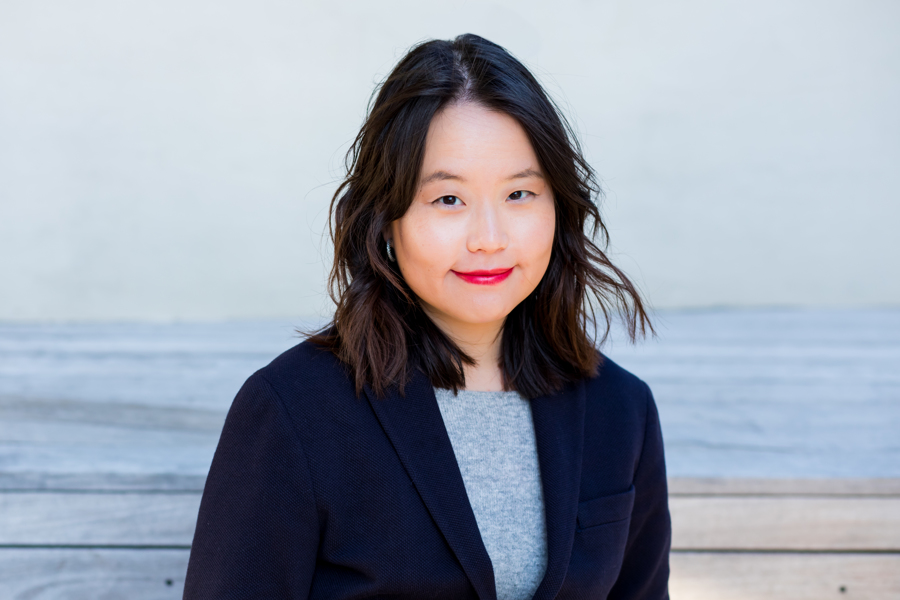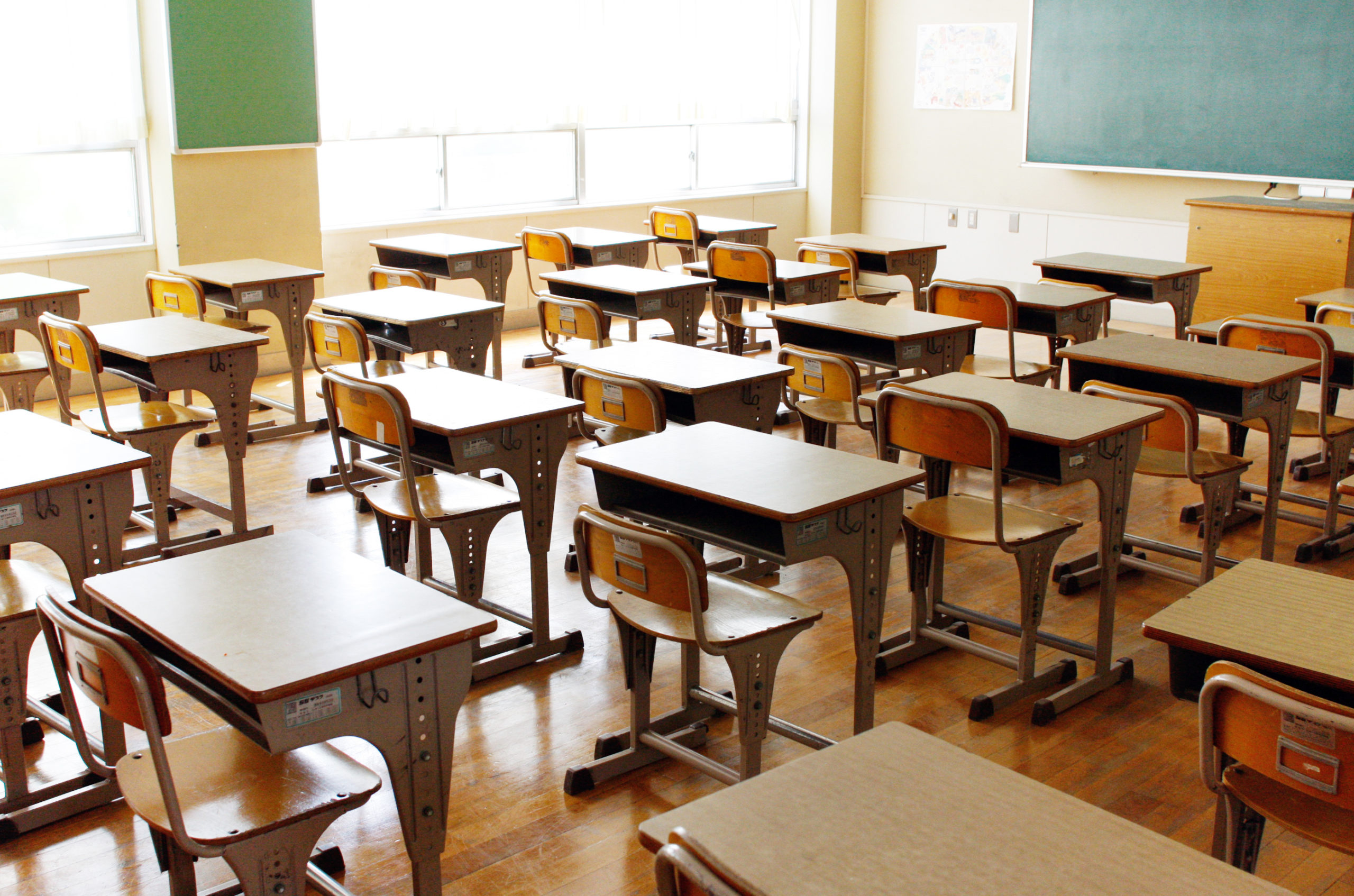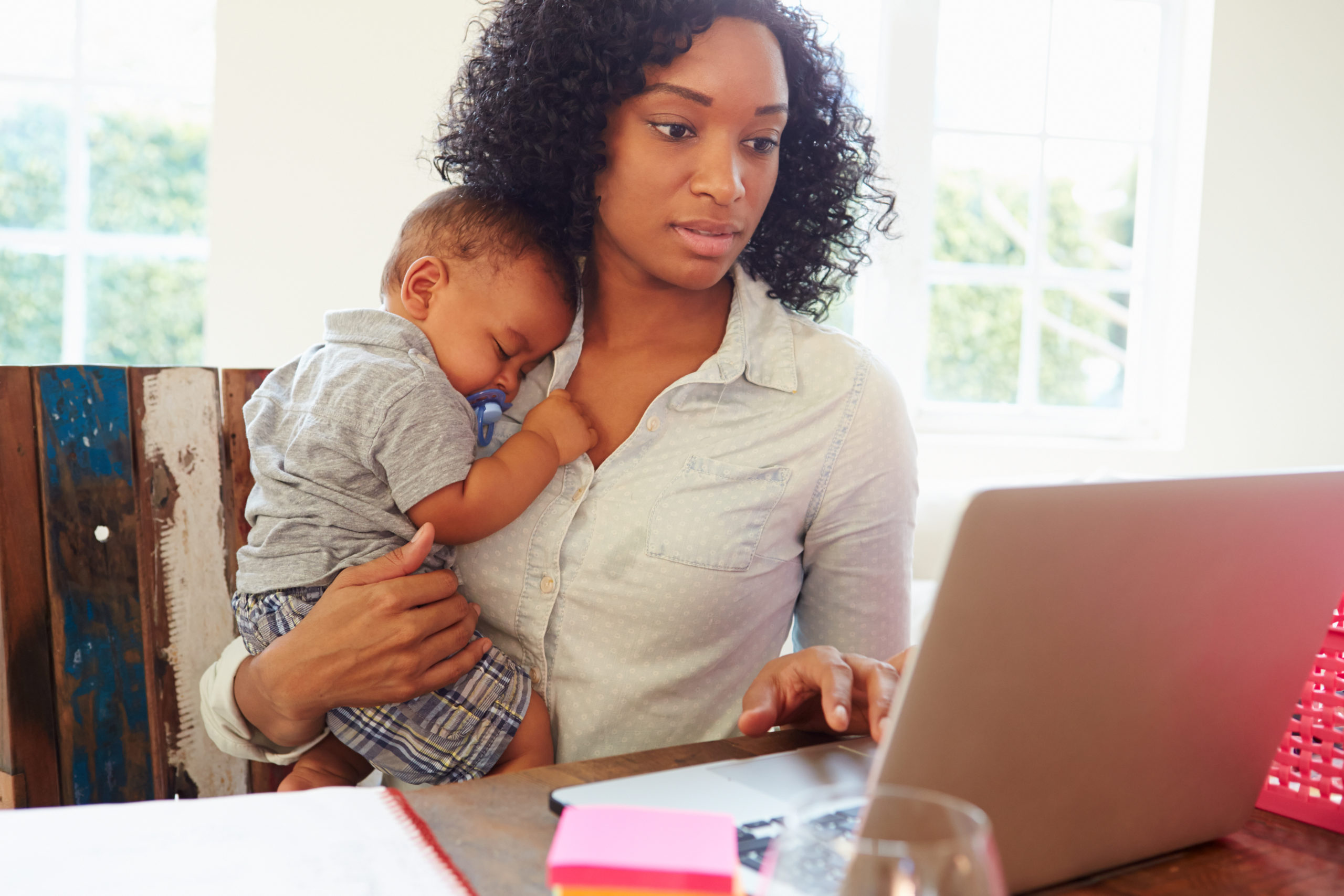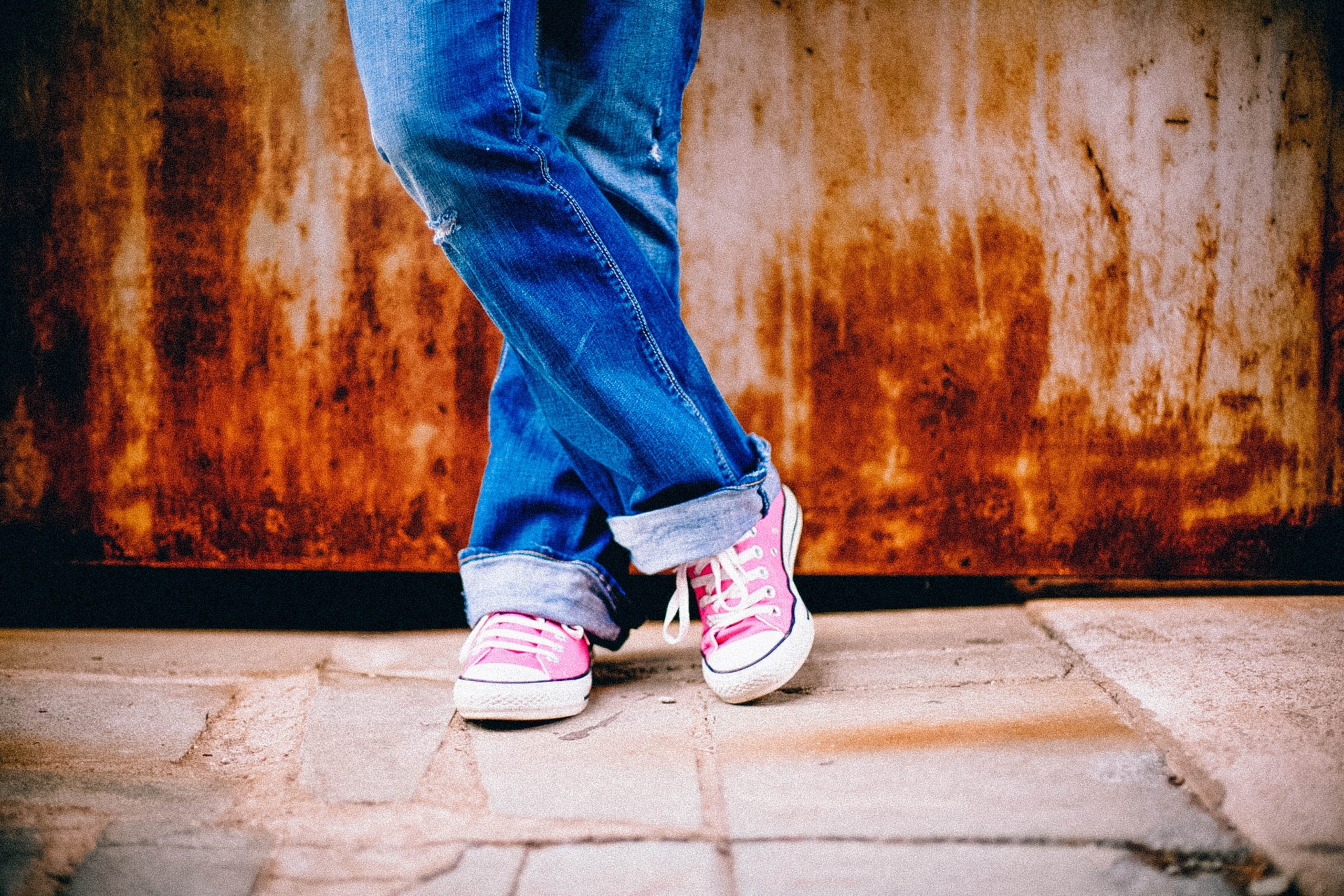Abortion rights, women of color, and LGBTQIA+ people are under attack. Pledge to join us in fighting for gender justice.
To Achieve Equal Pay for AANHPI Women, We Need to Embrace Their Full Realities
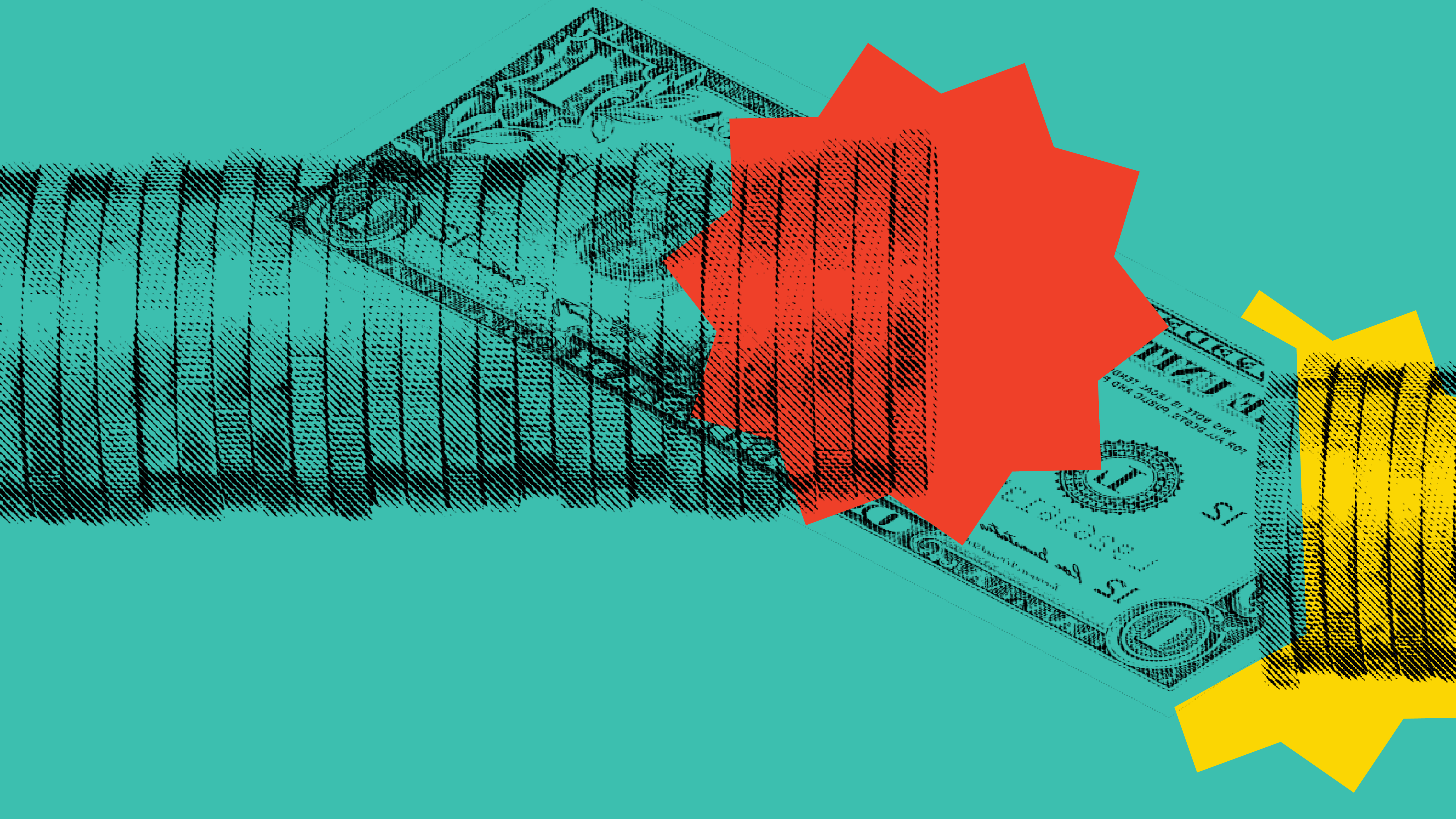
During Asian American Native Hawaiian and Pacific Islanders (AANHPI) Heritage Month, I cannot help but also reflect on the challenges that we have faced in the past few years.
The AANHPI community is a vast and diverse one, composed of over 50 ethnicities and over 100 languages and dialects. I know that our challenges and triumphs sometimes differ even within our own community, and as an east Asian American, first-generation immigrant woman, my experiences are a small sampling of our collective experiences.
A prime example is the pay disparity between women of different AANHPI ethnicities. The wage gap among different ethnicities of AANHPI women as compared to non-Hispanic white men varies widely. For example, among full-time, year-round workers, Burmese women typically make just 50 cents for every dollar paid to white, non-Hispanic men, while Japanese women are typically paid 96 cents.
But, to only talk about the wage gap misses the full picture of AANHPIs and does not provide an accurate reading of AANHPI women’s economic realities.
The anti-Asian rhetoric that began with the COVID-19 pandemic worried me, along with the rest of the AANHPI community. I was among the first to experience the results of this rhetoric, when I was harassed outside my apartment just weeks into the pandemic. That marked the first time I was harassed during the pandemic, leading me to become hyper-aware at public places.
I am one of the lucky ones. Many elders and women have experienced violent physical attacks, with some having lost their lives. Their faces and names are starting to blur in my memory.
While stats on elderly Asian Americans are sparse, the existing data demonstrate many are considered low-income and need help to receive and navigate government assistance. Yet with the rise in violent attacks, many report being scared to leave their homes, leaving them isolated yet still in need of assistance.
A recent study from the National Asian Pacific American Women’s Forum shows that over 74% of AANHPI women report personally experiencing racism and/or discrimination, 38% report experiencing sexual harassment, and 12% report experiencing gender and/or race-based physical violence in the last 12 months, including at their workplaces. It’s important to acknowledge that the March 2021 Atlanta spa shooting occurred in the women’s place of work, where the nature of their jobs did not allow them to work from home.
The leaked draft from the Supreme Court, which would overturn Roe v. Wade, highlights another barrier we must consider when considering economic security for AANHPI women. Not only did the draft implicate all pregnant people’s access to abortion, for AANHPI women who work in low-wage jobs, the opinion highlighted their current difficulties in obtaining an abortion, while also giving us a glimpse of the future—worsened economic barriers they already face.
The physical violence against AANHPIs, anti-abortion attacks, and economic disparities do not happen separately from each other. Both, along with race, gender, immigration status, and other forms of identities we hold, shape intersecting barriers for AANHPI women as we fight for our economic security.
As AANHPIs grapple with and respond to new challenges while seeking economic security for all, our solutions will be found within each other. There already have been rousing responses from the AANHPI community, with local organizations continuing to rally to provide elders with food and assistance, while data and policy solutions are coming forth to address AANHPI women’s unique challenges. Within each other, we will find strength and resolve, so all of us can lead our lives with dignity and full agency.

